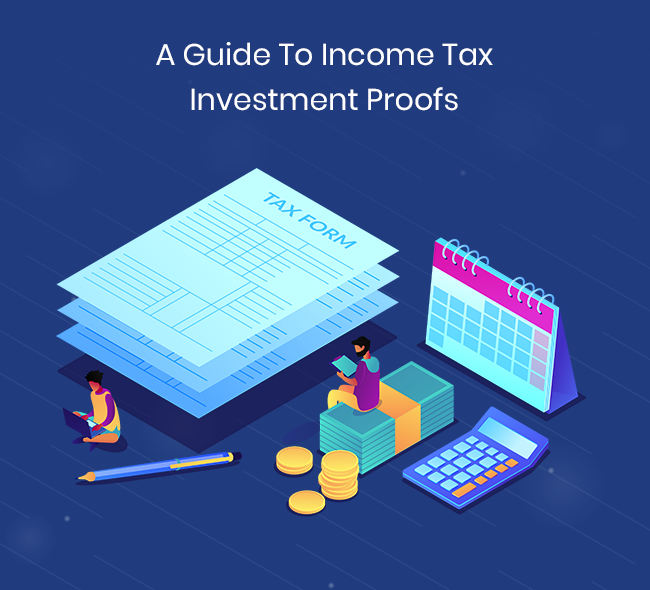Blogs > Do’s & Don’t’s to Claim HRA Exemptions when Filing Income Tax Return

Salaried professionals who have taken up rented accommodations can easily save on their taxes by claiming the House Rent Allowance (HRA). Depending on the rental slab and your eligibility, you can either be partially or fully exempt from your taxes.
Every month, a major portion of our earnings gets redirected to covering some of our most basic expenses and taxes. Whether they are monthly loan installments, vehicle dues, savings and recurring deposits, or others, what we have after the pay week is quite less compared to what we get. The HRA is an ideal way to lower your payments on taxes and save more every year.
For those of you who have not spent the year researching income tax, here is a comprehensive guide on how to claim HRA and a few do’s and don’t’s to follow.
1. So, one of the first things you should do to claim your HRA is get a formal valid rental agreement. Even if it is your parents who have rented out the apartment, get a formal agreement stating the following details:
· Monthly rent
· The utility bills you would be paying
· The duration of the rental agreement up to which it is valid
· The address that would be rented out to you
2. If you are taking up a shared accommodation, you will have to be specific on the split up between you and the other tenants – from house rent to utility bills. So remember that this is applicable the other way around too. When your parents are filing for the IT returns, they should include house rent as rental income.
3. Avoid paying your rent by cash and use online transactions because you can also keep track of the transaction and retrieve the information in future.
4. It is mandatory that you receive rental receipts for the rent you pay to your landlord every month. If the house rent is over Rs. 3,000, you have to submit the rent receipt to claim exemptions from your HRA. If in case, the yearly payment of rent exceeds Rs. 1,00,000, you have to mandatorily get the PAN of the landlord and submit it to your employer. This will pave the way for a full exemption of HRA and get you lesser deductions on TDS. One of the other reasons why rental receipts are important is because sometimes you might pay a little more than what is mentioned on the receipts by cash and this often does not come into accounts. So, make sure what you pay is what is mentioned in a particular month’s rent receipt.
1. There is an alternate way around it. If your landlord doesn’t have a PAN, you need to get a declaration from him or her on the same and get the Form 60 duly signed by the landlord. That is why talking about HRA exemption and the cooperation of the landlord in such situations is important when you are looking for houses.
2. Lastly, if your rent is over Rs. 50,000 per month, you should deduct 5% of it as part of TDS. If you fail to deduct, an interest of 1% or 1.5% will be levied depending on whether TDS is deducted and not deposited. Failure to deduct can also fetch you an additional penalty of up to Rs. 200 every day for as long as you delay.
In most instances, terms like TDS, HRA exemptions, or even IT returns can pass off as complex concepts. However, with the right assistance and planning, it is possible to save a lot on your income taxes. Thus, it is better to plan for your taxes in advance, and keep the key do’s and don’t’s in your mind throughout the year.